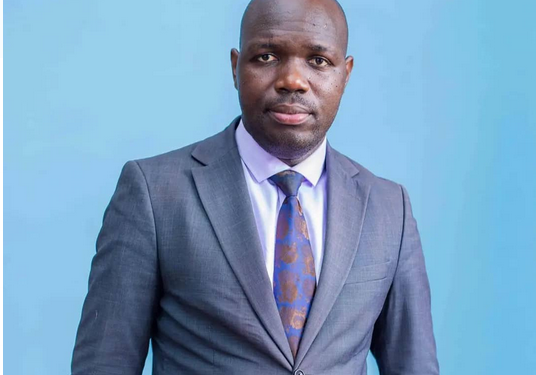By CHIMPREPORTS
Amidst the unrealistic self-conviction of Western countries that the African continent relies on them for survival, likely due to the foreign assistance extended to African nations, the African Union (AU), the continental body, must rise to debunk this false claim and underscore Africa’s significance in global development.
Today, over 60 years since the last European countries relinquished their colonial claims in Africa, the continent remains entangled with corruption, poverty, and turmoil. These issues persist because the old colonial relationships between Western powers and African nations never truly vanished – they persist today, now under the guise of neocolonialism.
Africa’s weakened economy and political structures contribute to the largest wealth disparity globally, exacerbated by its economic reliance on natural resources and essential ecosystem services, constituting an estimated 60% of its GDP. This economic focus creates conditions conducive to the formation of monopolies, as seen in instances like South Africa, where the top 10% own 90% of the country’s wealth.
The situation reveals undeniable parallels between existing economic structures and colonial economies. Despite the time African governments have had to establish successful nations, the current system is failing, pushing Africa into a state of being a rich continent with impoverished populations. To break free from this cycle, the African Union must address global superpowers suffocating African nations, preventing them from reaching their full potential.
The predicament lies in the fact that the countries with the power to make change are the very ones benefiting from the status quo. Internally, African nations are governed by aristocrats resistant to change as it disadvantages them. A resistance to change seems to persist from various angles, hindering the necessary steps to free Africa from colonial influence.
To escape this cycle, the African Union needs to rally African nations to prioritize economic diversification, local empowerment, and sustainable development. Investing in education, innovation, and infrastructure to promote indigenous industries and reduce dependency on external actors could lead to a self-sustainable economy. Additionally, addressing political factors stifling African progression through strengthening regional cooperation, increasing involvement in Pan-Africanist movements, promoting transparency, and demanding fair trade practices are crucial steps towards countering neocolonialism.
The AU’s founding objective is to counter neocolonialism, and it dates back to the establishment of the Organisation of African Unity (OAU) in May 1963. The OAU aimed to rid the continent of colonial vestiges, promote unity, solidarity, cooperation for development, and safeguard sovereignty. In 2002, the OAU transitioned to the African Union, officially launched in Durban, South Africa, with a vision of “An Integrated, Prosperous and Peaceful Africa.”
To realize this vision, Agenda 2063 was developed as a strategic framework for Africa’s long-term socio-economic and integrative transformation. The AU must address issues such as economic disparities, regional integration, and socio-economic inequalities caused by neocolonial aspirations. The organization, gaining international recognition, signifies Africa’s emergence as an independent power on the global stage, and its influence must continue to grow to shape a modern, prosperous world.







Discussion about this post